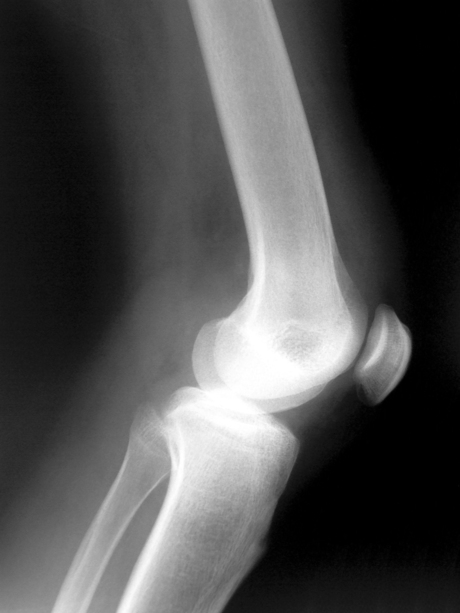Orthocell regenerates cartilage within joints

An international research collaboration has published data which validates regenerative medicine company Orthocell’s (ASX:OCC) cell factory-derived proteins pipeline product.
The research paper, published in the Journal of Tissue Engineering and Medicine, provides peer-reviewed support for an approach to regeneration of damaged cartilage within joints which is complementary to Orthocell’s current Ortho-ACI cartilage repair product.
The paper was the result of a collaboration between Orthocell and the Indian Institute of Technology Kanpur, the Indian Institute of Toxicology Research, Lund University and The University of Western Australia. According to the authors, the study “explored the potential of cell factory-derived bioactive molecules, isolated from conditioned media of primary goat chondrocytes, for the repair of subchondral cartilage defects”.
The paper demonstrated that growth factors and extracellular matrix proteins derived from cells cultivated in a quality-controlled ‘cell factory’ — when concentrated and used as an intra-articular injection alone or combined with scaffolds — regenerated deep articular cartilage defects in New Zealand rabbits. No systemic cytotoxicity or inflammatory response was induced by any of the treatments.
“Histopathological analysis showed that rabbits treated with bioactive molecules alone had cartilage regeneration after 4 weeks,” the authors wrote. “However, rabbits treated with bioactive molecules along with scaffolds, with or without cells, showed cartilage formation after 3 weeks; 6 weeks after surgery, the cartilage regenerated in rabbits treated with either bioactive molecules alone or in combinations showed morphological similarities to native cartilage.”
According to Orthocell CEO Paul Anderson, “These bioreactor-produced native proteins have the potential to be a clinically important and cost-effective procedure for the regeneration of articular cartilage of the knee and also other joints.
“It may also be a promising early treatment in an ageing population with more widespread cartilage loss, such as those that occur in osteoarthritis,” he added.
The announcement follows last week’s news that Orthocell has received an Australian Research Council (ARC) grant of $430,000 to continue its investigation of tendon tissue and the development of novel therapies. Anderson said the grant demonstrates the relevance of the company’s research “to finding new and innovative ways of solving the serious challenge of tendon injury and degeneration”.
Orthocell (ASX:OCC) shares were trading 16.13% higher at $0.54 as of round 1.30 pm on Thursday.
Breakthrough drug prevents long COVID symptoms in mice
Mice treated with the antiviral compound were protected from long-term brain and lung dysfunction...
Antibiotics hinder vaccine response in infants
Infants who received antibiotics in the first few weeks of life had significantly lower levels of...
Colossal announces 'de-extinction' of the dire wolf
Colossal Biosciences has announced what it describes as the rebirth of the dire wolf, which would...




